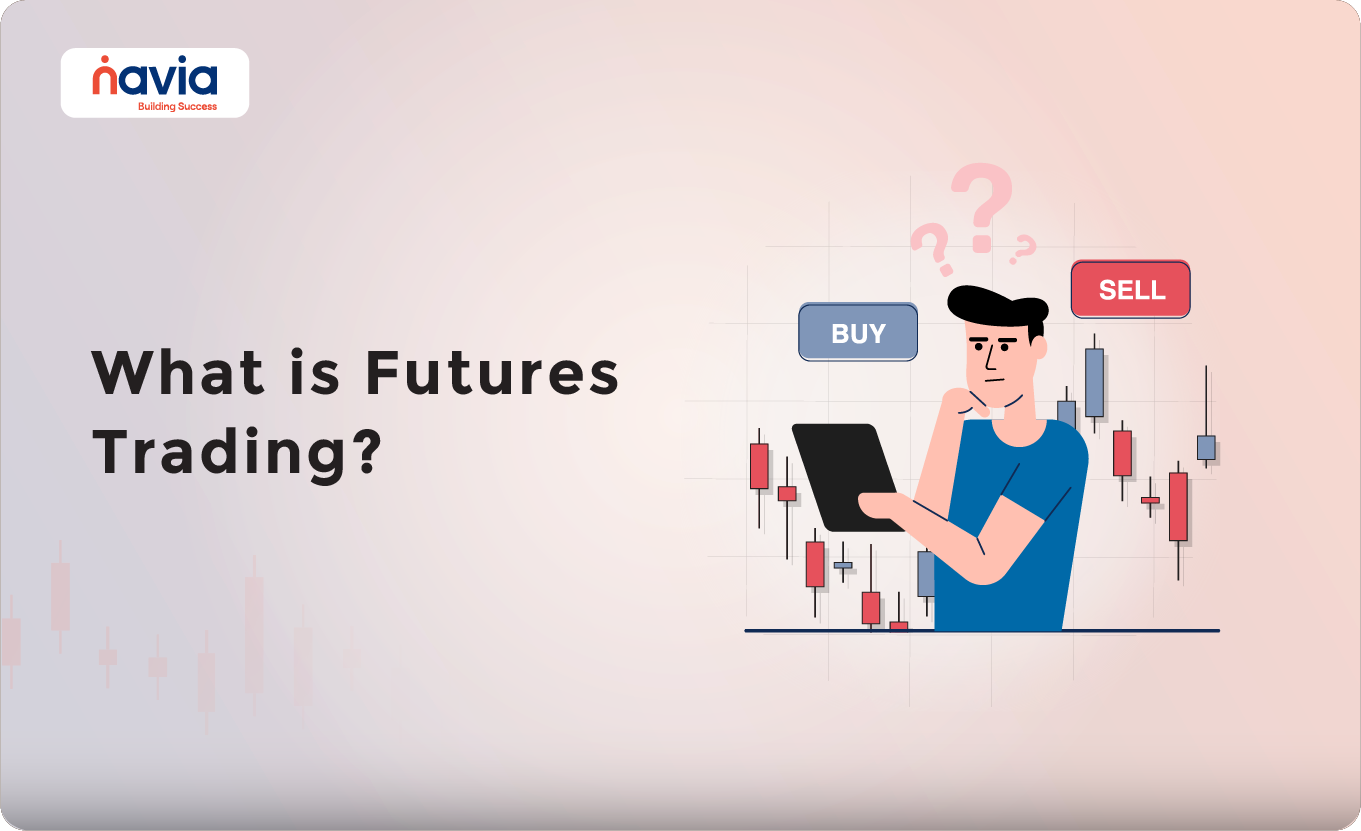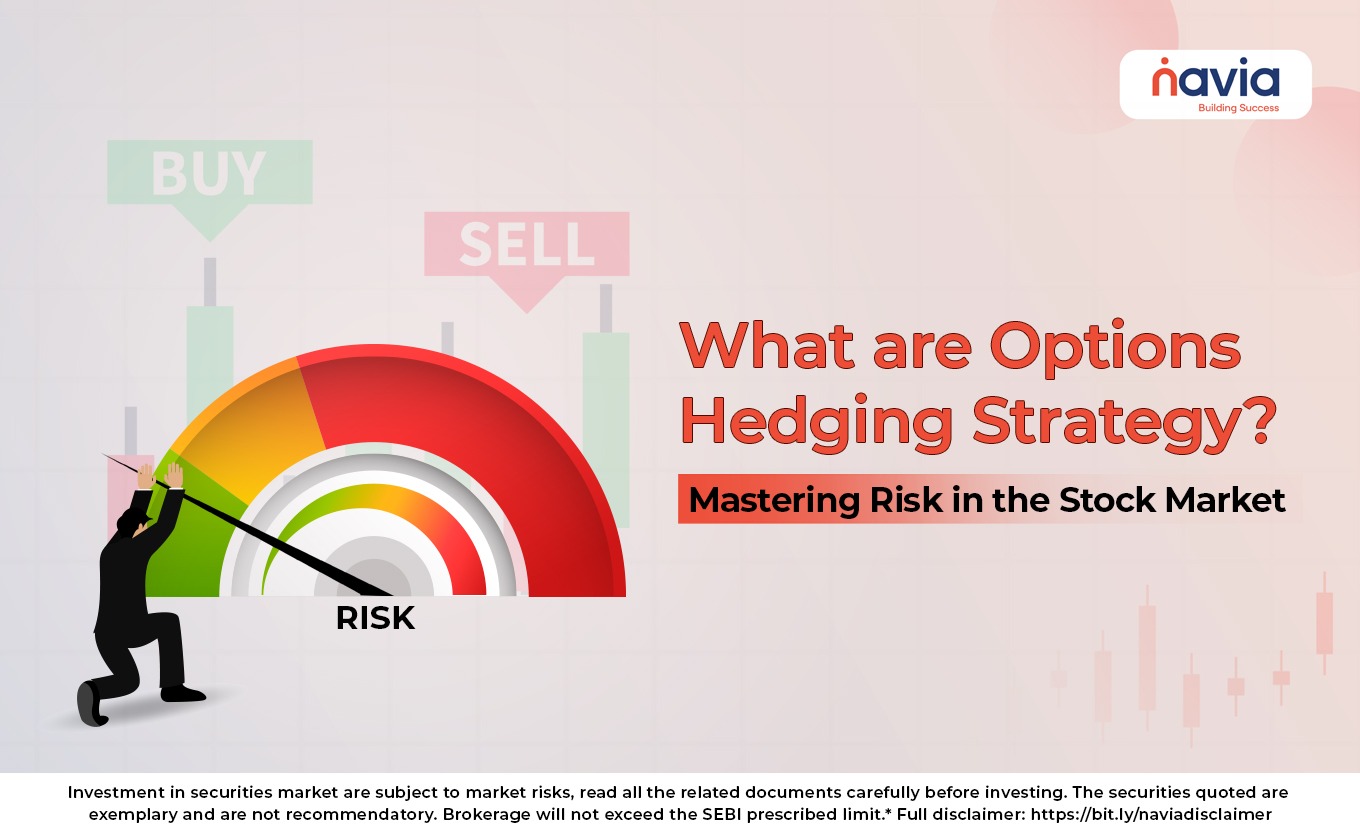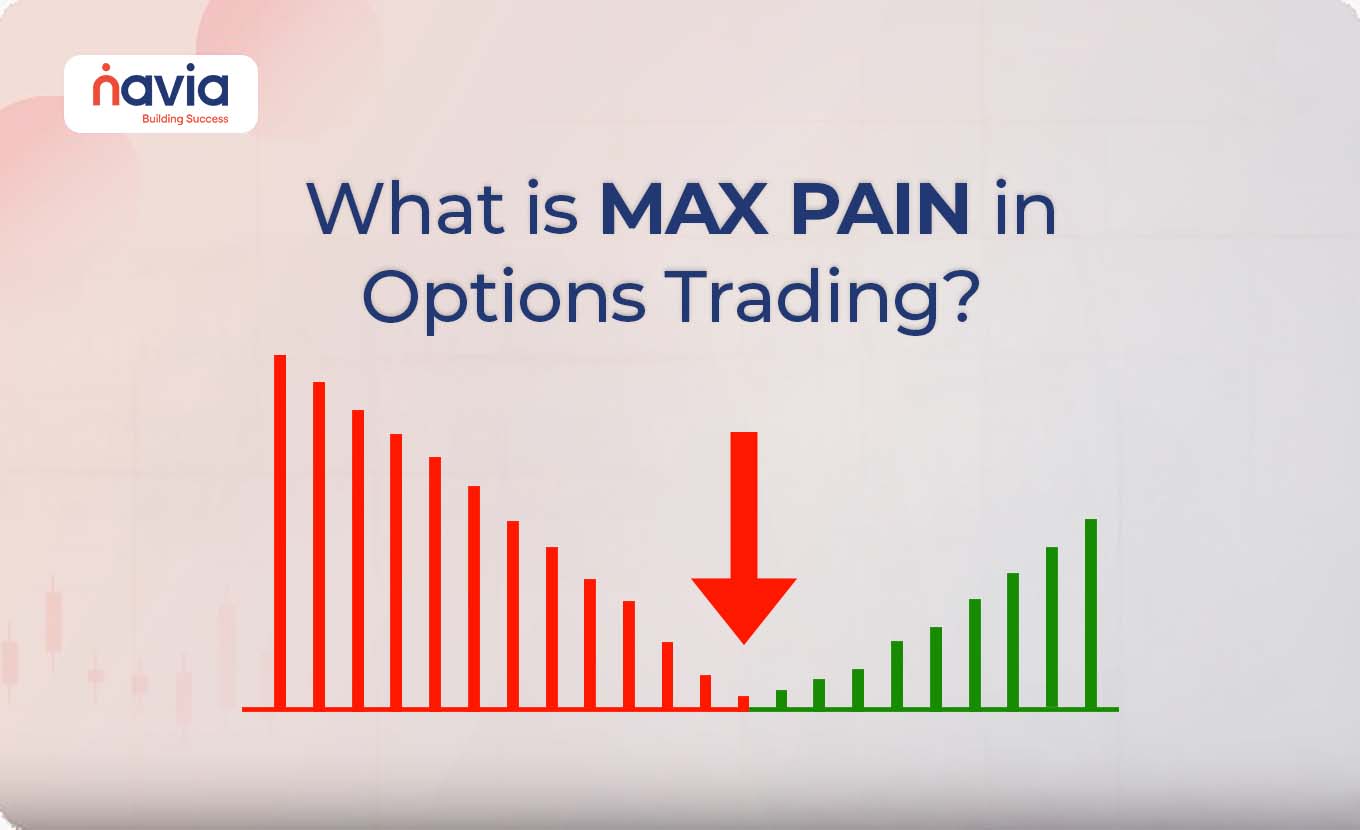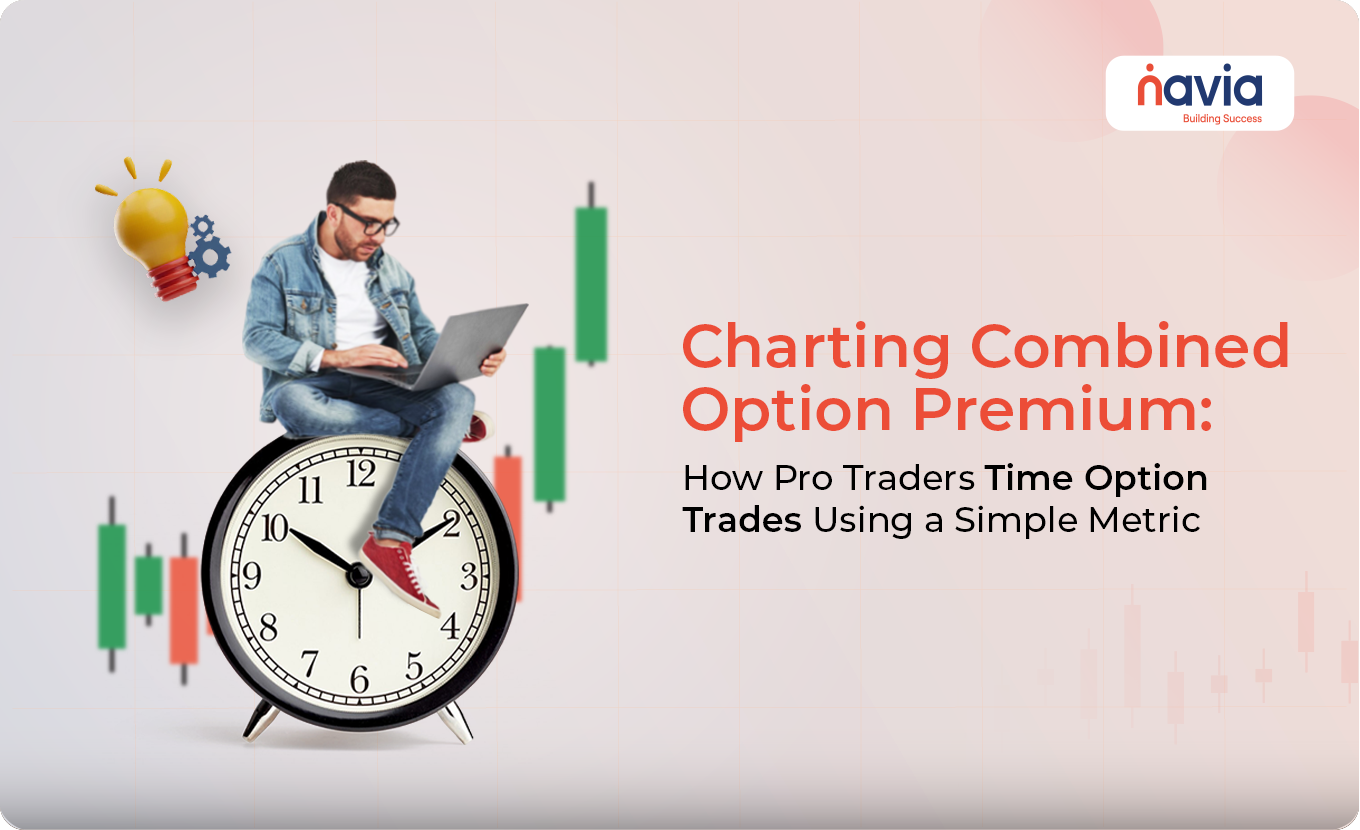What is Futures Trading? How to Trade in Futures?

“Successful investing takes time, discipline and patience!” – Warren Buffett (American Investor and Philanthropist)
Like the words of Warren Buffet, a beginner of trading needs discipline and patience. If you want to explore the world of trading, you should know what futures trading is. Don’t think that you are alone in this battle, there are so many people in the world who are seeking to get knowledge about future trading. In this blog you can get all the information about it like, what is futures trading, components, types and how it works.
What is Futures Trading?
In simple words, futures trading is a type of derivative contract agreement for buying or selling a particular asset at a fixed price, but the date will be in the future. By using this agreement, the buyer or seller can purchase or sell the asset at the fixed price. The major advantage of futures trading is it specifies the quantity of underlying assets that will lead to making future trading easier.
Some people are confused about whether both forward contracts and futures contracts are the same. Forward contracts are like a private agreement and the participants can trade over-the-counter (OTC), but the future contracts are standardized and that is an exchange-traded contract with daily settlement.
What are the Components Involved in Futures Trading?
In the journey of learning about futures trading, you should be aware about some of the core components of it, that are listed below;
🔸 Futures Contract: It’s a standardized legal agreement between two parties.
🔸 Underlying Asset: The assets which the futures contract is based on like crude oil, gold, etc.
🔸 Expiration Date: The contract has an expiration date.
🔸 Leverage: Future trading involves leverage that will help traders to control a large position with a small amount of capital.
🔸 Margin: The deposit required to enter into a futures trade.
These five components of future trading will help the traders to speculate the direction of the market and that will lead them to success.
What are the Types of Futures Contracts?
There are a vast range of financial and commodity futures available in trade. Understanding these contracts will help you to choose the effective one for your trade. In below you can find out the available futures contracts;
1. Financial Futures: It includes both index and interest rate contracts. Index futures will help to expose certain market indices, while interest rates will help to trade based on the specific debt instrument’s interest rate.
2. Currency Futures: It will allow all the traders to speculate the exchange rate of both the real and virtual currency.
3. Metal Futures: Through these contracts the traders can speculate on the price of metals that are used in manufacturing and construction, like steel, gold, etc.
4. Energy Futures: It is a contract that will link all the investors to the prices of energy commodities like oil and gas, vital for personal consumption, transportation and manufacturing purposes.
5. Livestock Futures: By choosing this contract, the traders can get a chance to bet on the price of live animals for the purpose of meat production and distribution.
6. Grain Futures: It includes the raw grain materials that are used for animal feed, ethanol production, and other processed goods.
7. Food and Fiber Futures: These contracts provide exposure to specific agricultural products and diary goods, also known as Softs.

How to Start Futures Trading?
After understanding futures trading, you can start your trading journey. National Stock Exchange (NSE) and Bombay Stock Exchange (BSE) are the top exchanges in India that welcome all the investors for future trade. You can find some important tips below to make your trading more effective.
🠖 First you must understand how futures work, we know that it’s a complex financial instrument and it is completely different from stocks and mutual funds. So, you should have a clear understanding of how it works, costs and risk before starting trade.
🠖 If you are ready to invest in futures, you should be prepared to manage the risk appetite. It is a very essential factor in trading, so you should be aware of it and manage every aspect accordingly.
🠖 If you are confused about future trading, or you have low knowledge about it. The best solution is to hire an expert and allow them to help you, otherwise you will face many risks.
🠖 One of the major parts of trading is, before you start trading you need to open a f&o trading account. Inquire about the fees and select a trading account that will suit your needs.
🠖 Future contracts need to deposit a margin money as a security; it’s almost 5-10 percent of the contract size. So, you have to pay it through a stock broker, that money will last the entire period of your contract. If the money goes up during the period, the investor has to pay extra margin money on that time.
🠖 Now it’s the time to place your order with your broker, it’s also like buying stock. You have to let the broker know about your contract size, number of contracts you want, strike price and also the expiry date.
🠖 In the final stage, you need to settle the future contracts, which can be done on the expiry date or before the expiry date. For example, in some cases like agricultural products, physical delivery will be done and when it comes to an equity index delivery takes place in terms of cash paid. So, ensure that your future contracts should be settled on the expiry date or before the expiry date.
Conclusion
A proper understanding about what is futures trading, is like a new route map for your investment journey. There are several reasons for investors choosing futures trading that include speculation, liquidity, leverage, hedging etc. So, you have to understand the process and simply expand your financial knowledge to reach your goals.
So, are you ready to trade smarter with personalized advice? You can get all the support from taking a demat account from Navia Markets. We have the professionals to clear up all your doubts during the trading, so choose us to make your trade successful!
Do You Find This Interesting?
Frequently Asked Questions
What is futures trading and how does it work?
Futures trading involves buying or selling contracts to trade an asset at a set price on a future date. Navia lets you trade futures on stocks and indices with margin, allowing you to profit from both rising and falling markets.
How to start futures trading with the Navia app?
Open a trading account with Navia, complete KYC and enable F&O. Fund your account, select your futures contract, review margin, and place your trade directly in the app.
What regulatory bodies oversee futures trading services in India?
Futures trading is regulated by SEBI, with trades conducted on exchanges like NSE and BSE. Navia operates as a SEBI-registered broker, ensuring compliance and security for your trades.
Do any Indian futures trading platforms offer zero brokerage plans?
Yes, Navia offers ZERO brokerage on all futures trades. This means you can trade futures contracts in India with Navia without paying any brokerage fees, making it a cost-effective and transparent choice for futures traders.
What are the typical settlement procedures for futures contracts on Indian exchanges?
On Indian exchanges like NSE and BSE, futures contracts are settled either daily (Mark-to-Market) or at expiry.
- Daily Mark-to-Market settlement: Profits and losses are calculated and credited/debited to your trading account at the end of each trading day, based on the contract’s closing price.
- Final settlement at expiry: On the expiry date, the contract is settled in cash based on the closing price of the underlying asset, and any remaining profit or loss is adjusted in your account.
With Navia, all settlements, profits, and charges for futures trades are processed automatically and transparently in your trading account, ensuring a hassle-free experience.
DISCLAIMER: Investments in the securities market are subject to market risks, read all the related documents carefully before investing. The securities quoted are exemplary and are not recommendatory. Brokerage will not exceed the SEBI prescribed limit.






